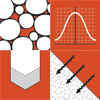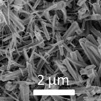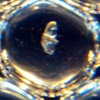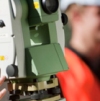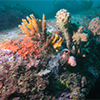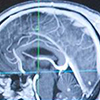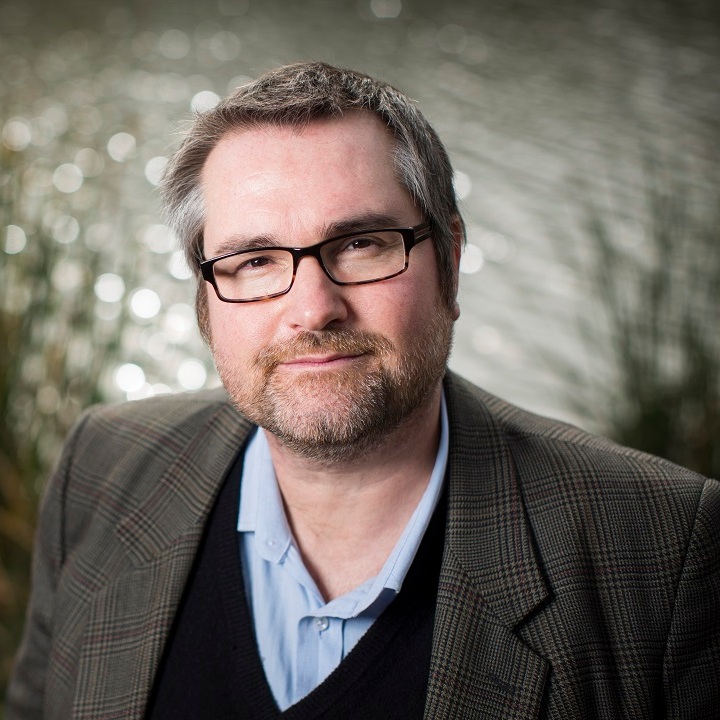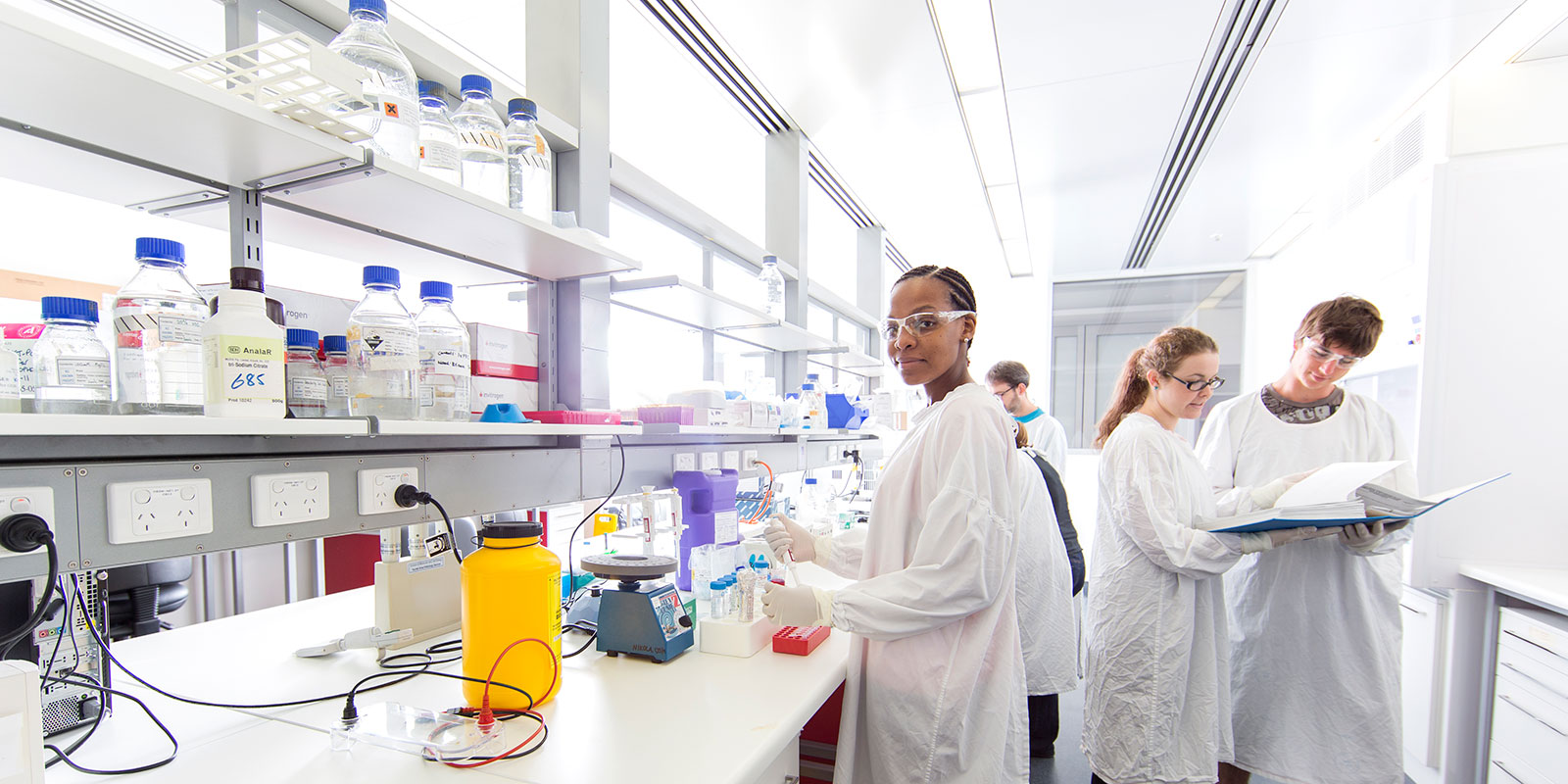
Centres
Advanced Cyber Security Research Centre
The overall aim of the Advanced Cyber Security Research Centre (ACSRC) is to achieve fundamental advances in the theory, design and management of models and techniques that would enable secure and dependable computing information systems and services.
An important characteristic of ACSRC is its research capabilities and expertise covering both theory and practice in addressing the challenges that arise in achieving secure systems in a heterogeneous mobile distributed environment involving distributed systems, wireless, broadband and peer to peer networks, mobile devices and distributed information services.
Distributed Computing
The Distributed Computing Research Group (DCRG) is focused on investigating distributed and network computing concepts and implementations.
HunterWiSE
HunterWiSE is an initiative that establishes mentorship avenues for women in STEM throughout the Hunter region; promoting positive collaboration and sharing of experiences.
i3Lab – Interaction, Interfaces, Invention
Human-Computer Interaction research that explores how advanced interactive technologies are applied to real-world problems. The i3 Lab addresses industry-relevant problems where significant value can be gained by the invention of new solutions related to the complex interactions that occur between the humans, computers and data.
Interdisciplinary Machine Learning
The Interdisciplinary Machine Learning Research Group (IMLRG) investigates aspects of machine learning, pattern recognition and data analysis in theory, experiments and applications. Particular emphasis is placed on interdisciplinary projects.
Medical Engineering Research
The Centre has a strong program of medical engineering research spanning applications including medical signal processing, image analysis, virtual reality in medical settings, artificial organs, precision mechatronics, personalised medicine and intelligent implants.
Newcastle Robotics Laboratory
The Newcastle Robotics Laboratory is an interdisciplinary research and training initiative of several robotics related research teams from different research areas including applied mathematics, architecture, computer science, control, electrical engineering, neuroscience, mechatronics and software engineering.
Precision Mechatronics Lab
A multidisciplinary group of electrical engineers, mechanical engineers and physicists developing new mechatronic and robotic technologies for fabrication, imaging, and health care
Secure and Reliable Communications
The Centre for Secure and Reliable Communications contributes to developing telecommunication networks that are robust to eavesdropping attacks, interference, and noise.
Telecommunications Networks
The Telecommunications Networks Research Group is engaged in research and development across a range of new telecommunications technology, in areas such as 4G wireless communication systems, channel coding techniques, Smart Grid Technology, and machine-to-machine communications.
Bulk Solids and Particulate Technologies
The Centre for Bulk Solids and Particulate Technologies (CBSPT) is actively involved in both fundamental and applied research on a range of problems associated with bulk solids and particulate technology. Research areas include storage, flow, processing and transportation of bulk solids. CBSPT also provides specialist courses for industry through its professional development programs.
Centre for Advanced Energy Integration
The Centre for Advanced Energy Integration is focused on research that integrates new energy technologies and systems related to energy storage, grid systems, energy generation and alternative energy sources.
Centre for Critical Minerals and Urban Mining
The Centre for Critical Minerals and Urban Mining is concerned with the science and engineering of particulate systems relevant to industries of national significance, such as in the mineral resources area. We seek to develop faster and more efficient separation technologies, and technologies for the manufacture, storage, and transport of particles.
Centre for Geotechnical Science and Engineering
The Centre for Geotechnical Science and Engineering develops new models and innovative computational methods for predicting the behaviour of geomaterials, metals and composites. Advanced computational methods, coupled with laboratory and field testing are key tools in this pursuit.
Centre for Innovative Energy Technologies
The Centre for Innovative Energy Technologies conducts cutting edge research on emerging energy technologies, with particular focus on the abatement of greenhouse gases, and clean and sustainable energy production.
Centre of Excellence for Enabling Eco-Efficient Beneficiation of Minerals
This Centre will transform the minerals industry, establishing a new generation of research leaders to support the innovation needed in creating a green economy for future generations.
Environmental Engineering
Engineers are developing new innovative computer and other models to provide methods of assessment of environmental impacts and management of disturbed ecosystems.
Environmental Plastic Innovation Cluster
EPIC conducts cutting-edge research on the risk assessment of legacy plastics and plastic-alternate products. Our vision is to ensure that plastic-alternative materials are environmentally sustainable and safe, leading to better planetary health.
Global Innovative Centre for Advanced Nanomaterials (GICAN)
Innovation in materials science and research to develop advanced technologies and solutions for the global energy, environment and health sectors.
HunterWiSE
HunterWiSE is an initiative that establishes mentorship avenues for women in STEM throughout the Hunter region; promoting positive collaboration and sharing of experiences.
Hydrogen Technology and Materials
The renewable Technology and Materials Group unites applied and theoretical expertise alike of several academics from the School of Engineering at the University of Newcastle. More specifically, our expertise comprises photocatalytic hydrogen generation, design of next-generation fuel cell stacks, infrastructure durability, advanced materials science, and manufacturing.
Infrastructure Performance and Reliability
The Centre for Infrastructure Performance and Reliability (CIPAR) is at the international forefront in assessing the reliability, safety, durability and management of buildings, bridges, pipelines, aviation, and other infrastructure systems. The pioneering research at CIPAR includes risk and reliability assessment, corrosion of infrastructure, and structural masonry.
International Collaborative Centre for Carbon Futures
An international research collaboration network developing innovative technologies for a sustainable carbon economy.
Ironmaking Materials Research
The Centre for Ironmaking Materials Research (CIMR) is a partnership between NIER and BHP Billiton, aimed at defining the link between fundamental iron ore and metallurgical coal properties and their performance in the ironmaking process.
Knowledge Engineering Research Team
The Knowledge Engineering Research Team (KERT) brings together academics at the University of Newcastle who have research interests in knowledge engineering, smart knowledge management systems, multi-agent agents, knowledge-based embedded systems and augmented reality.
Mass and Thermal Transport in Engineering Materials
The Centre for Mass and Thermal Transport in Engineering Materials has a very strong research capability in the theory and simulation of mass and thermal transport in a wide variety of materials ranging from disordered and ordered multicomponent alloys to cation-mixed oxides, from metal/ceramic composites to fast ion conductors.
Medical Engineering Research
The Centre has a strong program of medical engineering research spanning applications including medical signal processing, image analysis, virtual reality in medical settings, artificial organs, precision mechatronics, personalised medicine and intelligent implants.
Multiphase Processes
The Centre for Multiphase Processes conducts research in the science and technology of fine particles and bubbles. Multiphase processes, which involve more than one phase of matter, form the basis for all Australian process industries including food, energy, agricultural, production and processing.
Precision Mechatronics Lab
A multidisciplinary group of electrical engineers, mechanical engineers and physicists developing new mechatronic and robotic technologies for fabrication, imaging, and health care
Secure and Reliable Communications
The Centre for Secure and Reliable Communications contributes to developing telecommunication networks that are robust to eavesdropping attacks, interference, and noise.
Surveying
The Surveying Research Group is conducting research in the photogrammetry and special information area, in applications of automated image matching and surface shape registration, without the use of control points.
Water Resources Engineering
The Water Resources Engineering Research Group are developing innovative computer models to provide methods of assessment of environmental impacts and management of disturbed ecosystems.
Water Security and Environmental Sustainability
Water controls Australia’s well-being, environmental health and economy. The Centre for Water Security and Environmental Sustainability (CWSES) is a strategic initiative that builds upon research strengths of ERA 5 groups. It brings together key researchers in Civil, Surveying and Environmental Engineering and Earth Sciences.
Coastal and Marine Science
The Coastal and Marine Science (CaMS) Research Group is a cross-disciplinary team dedicated to improving the health and sustainability of our coastal and marine environments and the societies that depend upon them. The research spans across urban catchment environments, coastal waterways and lakes to the ocean; extending geographically from tropical to temperate locales.
Conservation Science
The Conservation Science Research Group at The University of Newcastle consists of a team of internationally recognised experts in biodiversity conservation with project experience in the natural environment and biodiversity; environmental monitoring, restoration ecology, behavioural ecology and cognition, instrumentation and analysis; marine pollution impacts; and sustainable adaptation in agriculture and forestry.
Environment and Climate
The Environment and Climate Research Group conduct internationally significant research in hydrology, climatology, palaeoclimatology and landscape modelling. We develop the science and translate it into information or tools that are useful for industry stakeholders or policy makers.
Environmental Water Science
Our research group study water’s importance to ecosystems and humans, its use and management as a resource, and its modification through contamination and pollution.
Exercise and Sport Science
Research within Exercise and Sport Science is interdisciplinary and diverse. Our research covers topics ranging from improving elite sports performance to the positive effects of exercise for both general and clinical populations.
Food Science
The University of Newcastle’s Food Science Research Group combines active research scientists involved in food, plant and marine science, human nutrition and agribusiness, delivering quality research and research education opportunities of relevance to the sector.
HunterWiSE
HunterWiSE is an initiative that establishes mentorship avenues for women in STEM throughout the Hunter region; promoting positive collaboration and sharing of experiences.
Marine Natural Products and Chemical Ecology
Marine Natural Products Chemistry is the study of the structure and chemistry of compounds produced by marine plants and animals such as algae and sponges, and their role in nature.
Metabolic Research
The Metabolic Research Group comprises academics studying metabolism at the cellular, tissue and body levels. Research focuses on measuring alterations to homeostasis at the cellular level in the case of bacteria and the whole body in relation to responding to external stimuli.
Nanomaterials Research Group
The Nanomaterials Research Group is using advanced materials for application in energy storage, sensing and bioimaging.
Plant Science
The Centre for Plant Science is focused on the physiological and molecular mechanisms associated with the regulation of nutrient transport in higher plants.
Tectonics and Earth Resources
Our research examines the lithospheric processes that form the physical environment in which we live. This research is achieved within a plate-tectonic framework that focuses on the formation and dispersal of continents.
Urban and Regional Studies
The Centre for Urban and Regional Studies engages in research focused on the complex political, economic, social, cultural and environmental processes and relations transforming cities and regions.
Water, Climate and Land
The Centre for Water, Climate and Land focuses on understanding and dealing with the impacts of climate variability and change in the Asia-Pacific region. Of particular interest are hydrological extremes and how these may change in the future.
Centre for Innovative Energy Technologies
The Centre for Innovative Energy Technologies conducts cutting edge research on emerging energy technologies, with particular focus on the abatement of greenhouse gases, and clean and sustainable energy production.
Computer Assisted Research Mathematics and its Applications
The Centre for Computer Assisted Research Mathematics and its Applications (CARMA) explores the development of techniques and tools for computer-assisted discovery and data-mining, including mathematical visualisation.
Medical Physics
The Medical Physics Research Group comprises physicists based within the Radiation Oncology Department, Calvary Mater Newcastle Hospital. We are a member of the Centre for Information Based Medicine, University of Newcastle and Hunter Medical Research Institute. We are closely aligned with the Prostate Cancer Trials Group and the Trans-Tasman Radiation Oncology Group (TROG) which organise and conduct clinical trials throughout Australasia.
Organic Electronics
The Centre for Organic Electronics is focused on the scientific challenges in the development of organic photovoltaics for the next generation of environmentally friendly energy sources, photonics and biosensors.
Space Physics
The Centre for Space Physics examines space weather to better understand its impact on billions of dollars’ worth of spacecraft and related infrastructure.
Surface and Nanoscience
Our primary research focus is on the modelling and analysis of the structure of the surface of solids, from the surface atomic layer through to the bulk.
Brain and Mental Health Research
The Centre for Brain and Mental Health Research (CBMHR) is focused on increasing our understanding of the brain and mind across the lifespan, in the absence and presence of disease. The Centre hosts three platforms for research: Preclinical Neurobiology, Psychological Processes, and Mental and Physical Health.
Cognitive Psychology
Cognitive Psychology takes a broad and integrative approach to understanding mental processes. We have particular strength in mathematical modeling and pursue research that integrates behavioural and neuroscience measures.
Health and Clinical Psychology
The Health and Clinical Psychology Research Group conducts fundamental and applied research into factors associated with psychological wellbeing and physical health across the lifespan.
HunterWiSE
HunterWiSE is an initiative that establishes mentorship avenues for women in STEM throughout the Hunter region; promoting positive collaboration and sharing of experiences.
The University of Newcastle acknowledges the traditional custodians of the lands within our footprint areas: Awabakal, Darkinjung, Biripai, Worimi, Wonnarua, and Eora Nations. We also pay respect to the wisdom of our Elders past and present.












